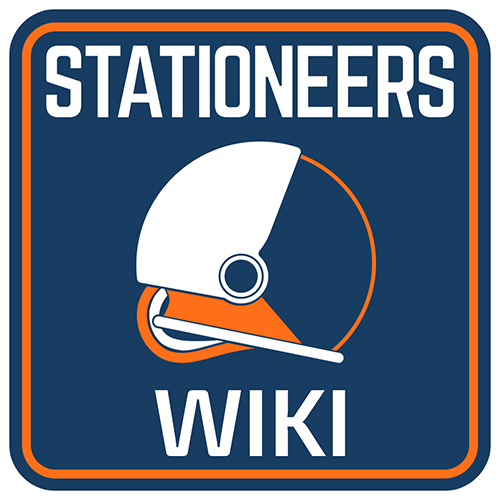Editing MIPS
Warning: You are not logged in. Your IP address will be publicly visible if you make any edits. If you log in or create an account, your edits will be attributed to your username, along with other benefits.
The edit can be undone.
Please check the comparison below to verify that this is what you want to do, and then save the changes below to finish undoing the edit.
| Latest revision | Your text | ||
| Line 81: | Line 81: | ||
=== Special registers === | === Special registers === | ||
There are two more registers. One called '''ra''' (return address) and one called '''sp''' (stack pointer). The '''ra''' is used by certain jump and branching instructions (those ending with '''-al''') to remember which line in the script it should return to. The '''sp''' tracks the next index within the stack (a memory that can store up to 512 values) to be pushed (written) to or popped (read) from. Neither '''ra''' or '''sp''' is protected, their values can be changed by instructions like any other register. | There are two more registers. One called '''ra''' (return address) and one called '''sp''' (stack pointer). The '''ra''' is used by certain jump and branching instructions (those ending with '''-al''') to remember which line in the script it should return to. The '''sp''' tracks the next index within the stack (a memory that can store up to 512 values) to be pushed (written) to or popped (read) from. Neither '''ra''' or '''sp''' is protected, their values can be changed by instructions like any other register. | ||
| − | |||
| − | |||
| − | |||
| − | |||
| − | |||
| − | |||
| − | |||
| − | |||
| − | |||
| − | |||
| − | |||
| − | |||
| − | |||
| − | |||
| − | |||
| − | |||
| − | |||
| − | |||
| − | |||
| − | |||
| − | |||
| − | |||
| − | |||
| − | |||
| − | |||
| − | |||
| − | |||
| − | |||
| − | |||
| − | |||
| − | |||
| − | |||
| − | |||
| − | |||
| − | |||
| − | |||
| − | |||
| − | |||
| − | |||
| − | |||
| − | |||
| − | |||
| − | |||
| − | |||
| − | |||
| − | |||
| − | |||
| − | |||
| − | |||
| − | |||
| − | |||
| − | |||
| − | |||
| − | |||
| − | |||
==Device Ports== | ==Device Ports== | ||
